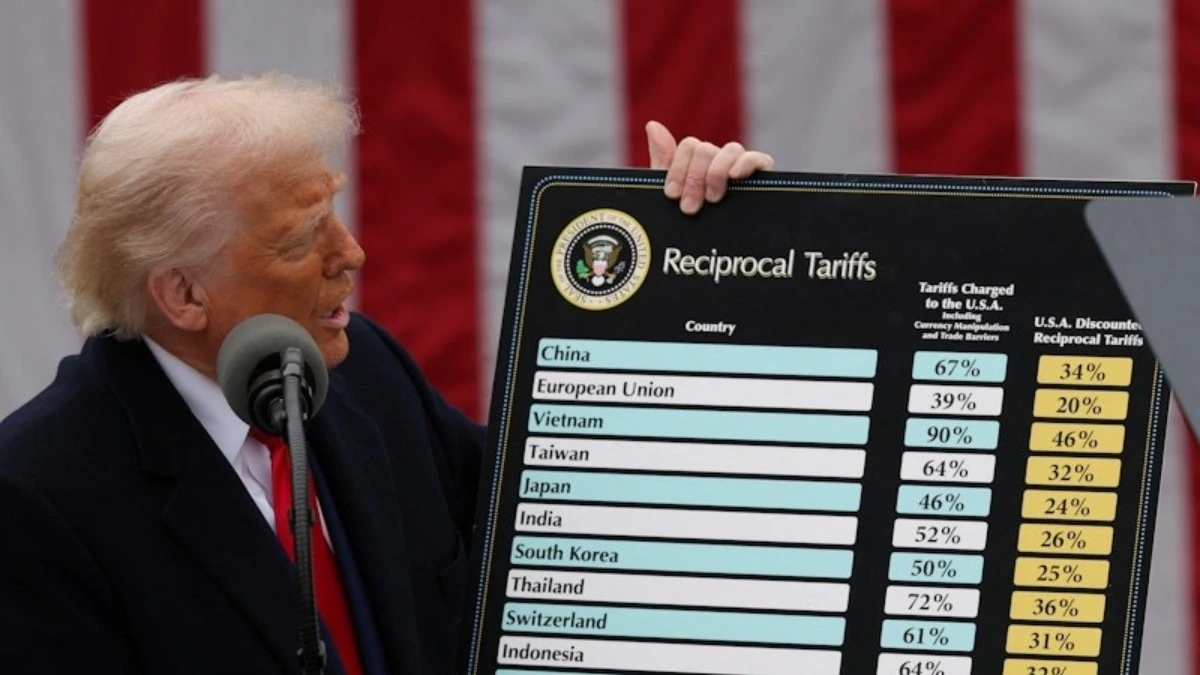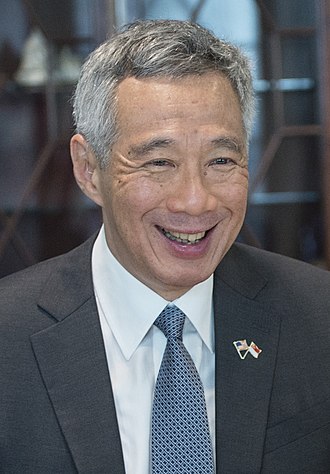Latin American governments and analysts are reacting to U.S. President Donald Trump’s sweeping new tariff plan, which was unveiled Tuesday under the banner of “Liberation Day.” The executive order introduces a wide range of import duties — from 10% to as high as 50% — targeting over 180 countries and dramatically altering the global trade landscape.
While much of the Western Hemisphere faces a standard 10% tariff, some nations were hit harder. Guyana (38%), Nicaragua (18%), and Venezuela (15%) were among the most affected in the region.
Mexico and Canada, though not part of the broader announcement, continue to face 25% tariffs on auto imports and other goods not covered under the USMCA — a move that has stirred debate over the agreement’s future.
Mexico Relieved, But Not Celebrating
Speaking to media outlets, economists in Mexico described the mood as “relieved but cautious.” Compared to steep tariffs on other trading giants — China (34%), Japan (24%), and the EU (20%) — Mexico’s relatively unchanged position may bring short-term advantages via trade diversion, where U.S. importers shift sourcing to Mexico to avoid higher duties.
“There’s a sense of short-term relief here,” said Sergio Luna, a prominent Mexico City-based economist. “But it’s important to remember that Mexico’s baseline has worsened. These unilateral U.S. measures appear to conflict with the spirit, if not the letter, of the USMCA.”
The Mexican peso was among the top-performing currencies against the dollar following the announcement, reflecting investor confidence that Mexico may benefit in the short term — especially in agriculture and vehicle exports, where content rules still favor regional production.
However, concerns remain. Mexico’s economy is deeply tied to U.S. demand, with 80% of exports headed north and a trade-to-GDP ratio of over 70%. A full-blown trade war or economic slowdown in the U.S. would inevitably spill over. Luíza Pinese, an economist at XP Investimentos in São Paulo wrote: “The market reaction in Brazil has been quite positive, reflecting a sense of relief and that Brazil could be a relative “winner” in the global trade war.”
No Formal Response Yet From Mexico City
So far, Mexican officials have remained quiet on whether they will pursue legal action under USMCA’s dispute resolution process. Analysts note that by allowing unilateral tariffs, the U.S. may be undermining the framework of North American economic cooperation.
As trade tensions ripple through global markets, countries across the Americas are bracing for secondary impacts — from supply chain disruptions to inflationary pressures.
More updates to follow as regional governments and business leaders respond.



